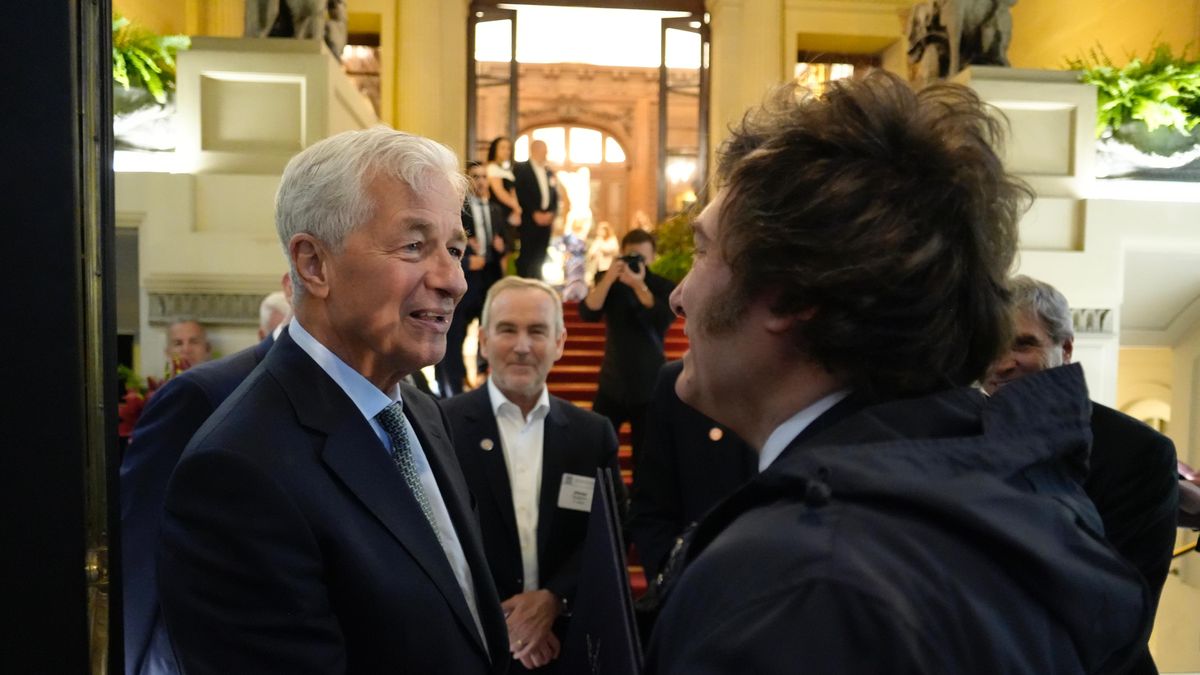The coalition partners have big plans for migration policy. However, two bills on naturalization and deportations are currently causing trouble in the traffic lights.
The traffic light coalition will have to postpone the completion of some domestic and migration policy projects originally planned for 2023 until next year.
As the German Press Agency learned from coalition circles, the attempt to place the final consultation and vote on the reform of nationality law and the so-called Return Improvement Act on the Bundestag agenda failed this week. This is mainly because the FDP is resistant to changes requested by its two coalition partners.
The prime ministers have expressed clear expectations for more control and order in migration issues, said FDP parliamentary group vice-president Konstantin Kuhle. This applies, for example, with a view to extending immigration detention and reducing social benefits. He emphasized: “The FDP is not available to dilute the expectations of the states and municipalities.”
These are the requirements
According to the federal government’s draft law, immigrants should in future be able to become citizens after staying in Germany for five years, provided they can support themselves without government help. So far they have to live in the country for at least eight years. If you perform well at school or at work, have good language skills or do voluntary work, naturalization should be possible after just three years.
Anyone who wants a German passport should no longer have to give up their old one. This already applies to EU citizens and some special cases, but not to people from Turkey, for example.
By simplifying procedures, the traffic light also wants to ensure that deportations no longer fail so often at the last moment, for example because those affected cannot be found. The maximum duration of detention on departure is to be extended from the current ten days to 28 days. Officials should also be allowed to enter rooms in shared accommodation other than the room of the deportee.
Reported need for improvement
In the first debate on both proposed laws, the Greens announced a need for improvement. For example, they called for exceptions so that disabled people and people who became unemployed through no fault of their own could be naturalized even if they claimed social benefits.
According to its internal politician Hakan Demir, the SPD also wants to ensure that people with disabilities, caring relatives and single parents are not disadvantaged because they cannot secure their livelihood. “The negotiations about the naturalization reform must continue,” said the Berlin member of the Bundestag.
The FDP wants to “align nationality law more closely with economic integration and to strengthen the criterion of securing a livelihood,” said parliamentary group vice-president Kuhle. This makes Germany attractive as an immigration country. She will stick to this principle.
“The Greens have still not arrived at reality; they are paralyzing the entire country with their maximum demands,” said the Union parliamentary group’s domestic policy spokesman, Alexander Throm, criticizing the traffic light controversy surrounding immigration and simplified deportations. “The deportation law must be withdrawn in its entirety,” demanded Clara Bünger (left).
facts and figures
According to the Federal Ministry of the Interior, 24,704 deportations failed in the first ten months of this year before they were handed over to the federal police. In the same period, 13,512 people were deported, it said. In the entire year of 2022, 20,106 deportations failed – for various reasons – before those affected could be taken over by the federal police. According to the information, 12,945 deportations took place in the same period.
In the internal discussions of the traffic light coalition, the Greens had reportedly suggested that foreigners be assigned a public defender in all cases of immigration detention or custody. Here the resistance of the FDP, whose specialist politicians initially did not want to comment on this proposal, is probably less great.
Whether this change will occur is still completely open – also because the states could potentially incur legal fees. This could then mean that the proposed law would require approval in the Bundesrat and could therefore be stopped by the state chamber.
Beyond migration policy, the traffic light plans for a new federal police law and the so-called quick freeze procedure to secure the IP addresses of suspected criminals have been on the back burner for months. Cabinet discussion is still pending on both projects because there is no agreement between Federal Interior Minister Nancy Faeser (SPD) and Federal Justice Minister Marco Buschmann (FDP).
Source: Stern
I have been working in the news industry for over 6 years, first as a reporter and now as an editor. I have covered politics extensively, and my work has appeared in major newspapers and online news outlets around the world. In addition to my writing, I also contribute regularly to 24 Hours World.




